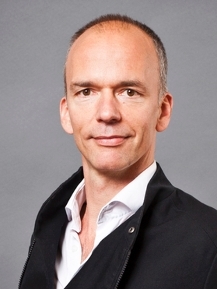Neurobiology in Public and Private Discourse: The Case of Adults with ADHD, by Broer and Heerings
Using online questionnaires with Dutch adults diagnosed with ADHD, the sociologists Christian Broer and Marjolijn Heerings (2013) also noticed that although those individuals were interested in neurobiological explanations, they did not reduce their condition to a brain phenomenon.
[...] Working with patients suffering from epilepsy, head injury, and dementia as well as with neuroscientists and other professional groups (teachers, counselors, clergy, and foster care workers), they showed that individuals turn their attention to (popular) neuroscience mainly after some kind of neurological event, for example, a brain hemorrhage. This contingent interest, however, does not imply attributing to neuroscience an absolute capacity to define or explain subjectivity. Overall, attitudes are governed by pragmatism and personal relevance; rather than altering notions and practices of the self, neuroscientific concepts “seemed to simply substantiate ideas already held by individuals.” The brain thus emerges “as an object of mundane significance,” which sometimes helps one understand oneself but is “often far from salient to subjective experience” (Pickersgill, Cunningham-Burley, and Martin 2011, 358, 361–362)."
You can download the full article at the link below:
Broer, Christian, and Marjolijn Heerings. 2013. “Neurobiology in Public and Private Discourse: The C...



































































0 comments
Sign in or create a free account